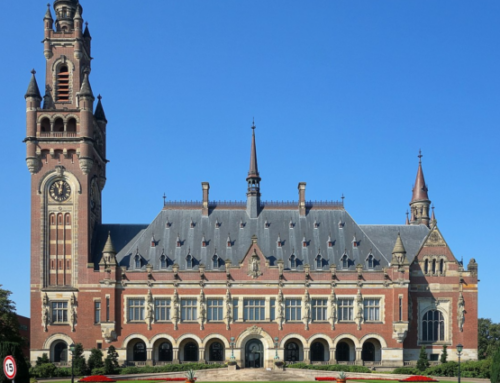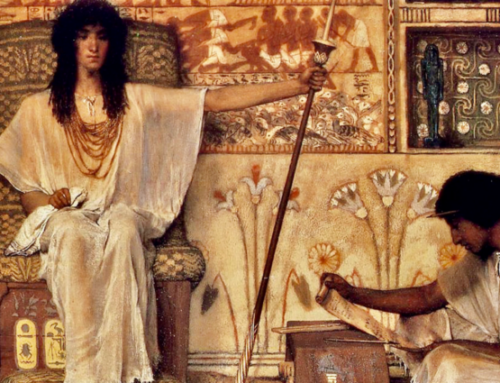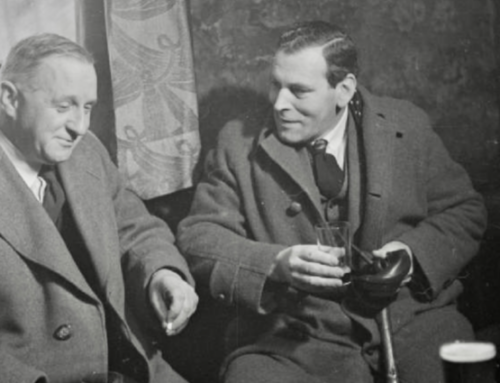 A few days ago, my friend, Craig Brown, asked/wrote in the comments of The Imaginative Conservative: “Placed in its proper context, I know that your argument is really in favor of the republic. Do you really believe that we have abandoned all of our republican virtues? If not what have we held on to? I suppose its the whole nostalgic conservative in you.”
A few days ago, my friend, Craig Brown, asked/wrote in the comments of The Imaginative Conservative: “Placed in its proper context, I know that your argument is really in favor of the republic. Do you really believe that we have abandoned all of our republican virtues? If not what have we held on to? I suppose its the whole nostalgic conservative in you.”
I love the nostalgic conservative part. I’m sure this is true, but I’m not exactly sure what I’m nostalgic for in my lifetime (b. 1967)—except, admittedly, the glories of the Reagan administration. Defending such a claim would deserve a longer post, but I do believe Reagan will be remembered as one of our three great presidents (at least in the 221 years since Washington first took the oath of office on April 30 in NYC).
Reagan, as I study him, fully agreed with Winston’s foreign policy: hurt those who hurt us many, many times back, but don’t move into their house. From any objective standpoint, the 1980s have to rank as one of the peaceful decades in the recent history of the United States. Yes, “mistakes were made” in Beirut and with the Iran-Contra Scandal. But, after a few bullying tests, most powers left us alone, and the Soviet empire fell.
I think one of Reagan’s greatest strengths came from a realistic idealism (neither reactionary nor progressive—if such terms have any meaning). I can’t help but think of his great speech at the University of Notre Dame, May 17, 1981—his first public appearance and speech since the attempt on his life.
“The years ahead are great ones for this country, for the cause of freedom and the spread of civilization. The West won’t contain communism, it will transcend communism. It won’t bother to dismiss or denounce it, it will dismiss it as some bizarre chapter in human history whose last pages are even now being written.
William Faulkner, at a Nobel Prize ceremony some time back, said man “would not only [merely] endure: he will prevail” against the modern world because he will return to “the old verities and truths of the heart.” And then Faulkner said of man, “He is immortal because he alone among creatures . . . has a soul, a spirit capable of compassion and sacrifice and endurance.”
One can’t say those words—compassion, sacrifice, and endurance—without thinking of the irony that one who so exemplifies them, Pope John Paul II, a man of peace and goodness, an inspiration to the world, would be struck by a bullet from a man towards whom he could only feel compassion and love. It was Pope John Paul II who warned in last year’s encyclical on mercy and justice against certain economic theories that use the rhetoric of class struggle to justify injustice. He said, “In the name of an alleged justice the neighbor is sometimes destroyed, killed, deprived of liberty or stripped of fundamental human rights.
For the West, for America, the time has come to dare to show to the world that our civilized ideas, our traditions, our values, are not—like the ideology and war machine of totalitarian societies—just a facade of strength. It is time for the world to know our intellectual and spiritual values are rooted in the source of all strength, a belief in a Supreme Being, and a law higher than our own.
When it’s written, history of our time won’t dwell long on the hardships of the recent past. But history will ask—and our answer determine the fate of freedom for a thousand years—Did a nation borne of hope lose hope? Did a people forged by courage find courage wanting? Did a generation steeled by hard war and a harsh peace forsake honor at the moment of great climactic struggle for the human spirit?”
My quick answer is: yes, I believe there’s significant hope for the remembrance and restoration of the republic. But, like all things, any re-formation of western civilization will take great, deliberate, and sustained work. And, it might take several generations to accomplish.
Reagan, as the speech reveals, spoke as much as the leader of western civilization as he did for the American republic. He bridged, rather effectively, the universal with the particular. And, no, these were not the words of a speechwriter. The speech at Notre Dame meant so much to the fortieth president that he wrote it himself.
Reagan, especially in his first administration, understood hope without his hope turning into a civic religion or a fundamentalist millennialism or an evangelical manifest destiny.
In his last work, Edmund Burke wrote: “We are therefore never authorized to abandon our country to it’s fate, or to act or advise as if it had no resource. There is no reason to apprehend, because ordinary means threaten to fail, that no others can spring up. Whilst our heart is whole, it will find means, or make them. The heart of the citizen is a perennial spring of energy to the State. Because the pulse seems to intermit, we must not presume that it will cease to beat. The public must ever be regarded as incurable.”
These seem wise and hopeful words, and I believe they should help in the reformation of a conservative defense of Christendom.
Books by Russell Kirk and Christopher Dawson are available from The Imaginative Conservative Bookstore. The Imaginative Conservative applies the principle of appreciation to the discussion of culture and politics—we approach dialogue with magnanimity rather than with mere civility. Will you help us remain a refreshing oasis in the increasingly contentious arena of modern discourse? Please consider donating now.








Wise words well stated, Brad. Thank you!
Brad, nicely written, you could not have stated it better.